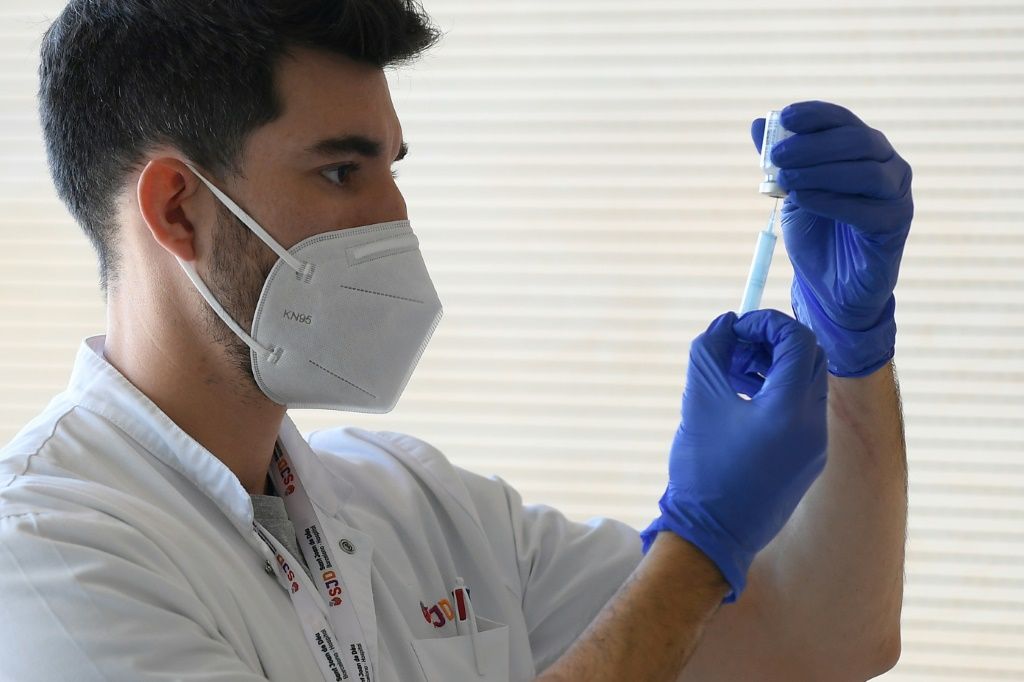Many U.S. adults refused to get boosted against COVID-19, especially now that the world has entered the post-pandemic era.
As of May 10, only 1 in 5 or 20.5% of adults in the U.S. had gotten the bivalent booster shots, according to the Centers for Disease Control and Prevention (CDC). Because of this, experts are worried about the consequences the low uptake might have.
“Uptake has been quite low. It makes complete sense for adults — especially those in high-risk groups, including the elderly and those with chronic disease — to have a bivalent shot if they haven’t already had one,” Dr. Marc Siegel, a professor of medicine at NYU Langone Medical Center, told Fox News Digital this week.
Siegel warned that the novel coronavirus “is still with us” even though cases and deaths have continuously declined. He cited the “huge” outbreak happening in China as proof that the virus remains a public health threat.
However, he also pointed out that compared to China, the U.S. appears to have better immunity against the newer strains of SARS-CoV-2.
“Here in the U.S., with XBB subvariants still predominating, we do have a lot more population immunity than China does,” he said.
According to Siegel, there are two reasons why the U.S. has better immunity: vaccination and prior infection. However, such protection afforded by the vaccines is bound to dwindle in the long run if no booster is taken.
“That immunity is due to both prior infection as well as vaccination. But the vaccine effect on decreasing severity or preventing long COVID is not forever — after a year, that effect has certainly declined significantly,” he explained.
Dr. Shana Johnson, a physical medicine and rehabilitation physician in Scottsdale, Arizona, also spoke with Fox News Digital about the COVID-19 vaccine boosters.
She said that the bivalent mRNA boosters provide protection against severe outcomes, including hospitalization and critical disease, but the durability of this protection is not long-term.
“For adults,…
Read the full article here

Leave a Reply